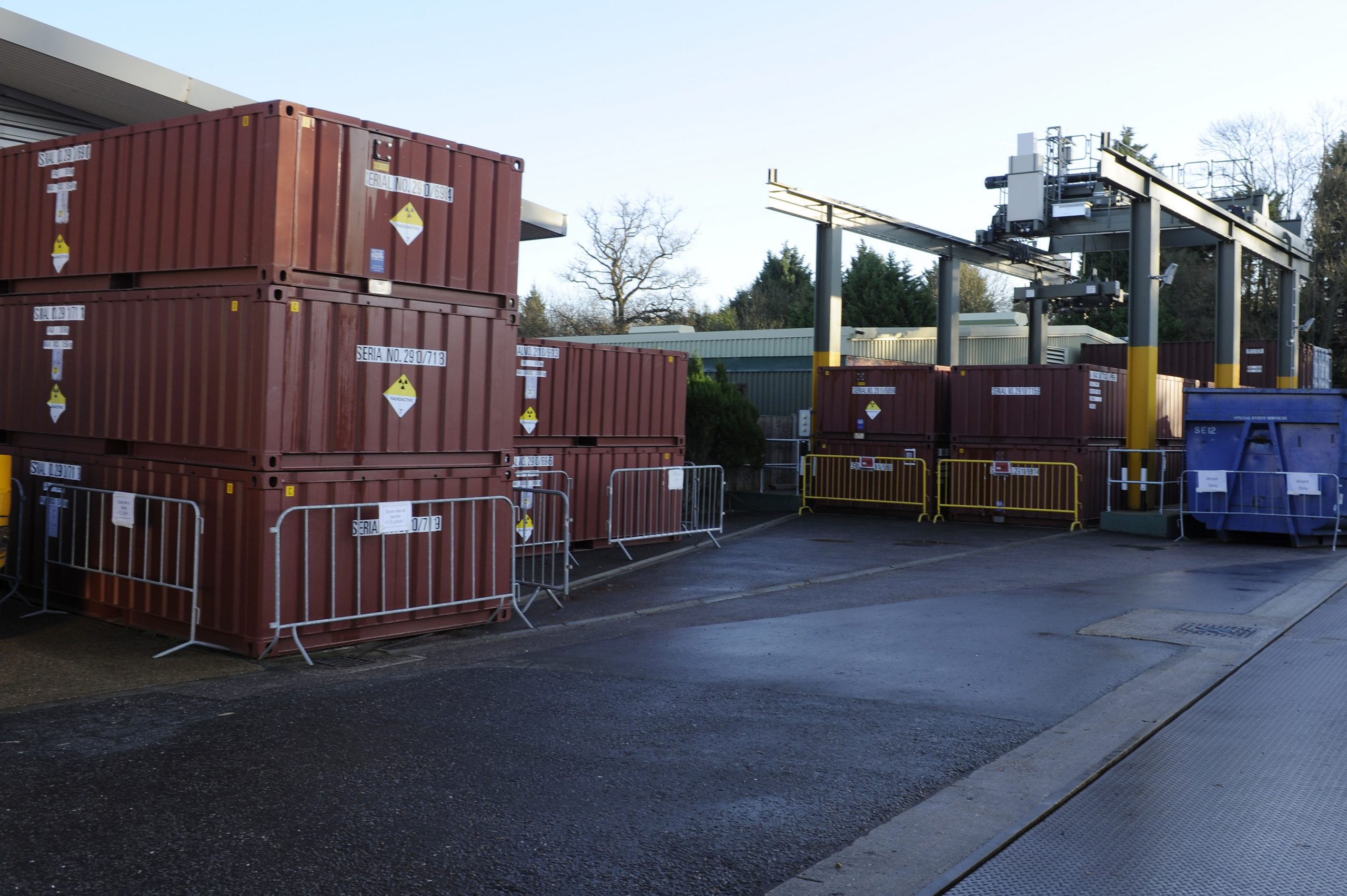RREUSE feedback to the updated Waste Shipment Regulation
As representatives of social enterprises active in re-use, repair and recycling, as well as Work Integration Social Enterprises specialised in the inclusion of disadvantaged groups on the EU job market, RREUSE and ENSIE welcome the Commission’s proposal to revise EU rules on waste shipments.
Developing a user-friendly, harmonised and reliable way for exporters of waste to identify importers complying with EU rules will be a game changer for collectors of reusable waste items willing to export within or outside the EU. Distinguishing “used goods” from waste will also help in limiting the use of the “repair loophole” and allow many re-use operators to export their products without being considered as participating in the extension of landfills in importing countries. This will also reassure donors of used goods of the positive social and environmental impacts of their deeds.

For this policy to succeed, RREUSE and ENSIE suggest that EU institutions focus on the implementation of the waste hierarchy. The Commission’s proposal currently fails to differentiate between export for recycling and export for preparing for re-use, even though the skills and facilities required to conduct both activities are substantially different. In addition, there is no foreseen system ensuring Member States favour local re-use over export for recycling. A stronger implementation of the proximity principle should be investigated in that regard.
Concerning the distinction between “used goods” and waste, RREUSE and ENSIE believe that using delegated acts risks limiting the participation of the civil society in its definition. Minimum requirements applied horizontally to all types of used goods could already be developed during the co-decision process. These minimum requirements could be met when used goods:
- Have gone through a monitored sorting process separating what is reusable from what will be recovered in another way,
- Are in a state similar to used goods sold locally, unless the buyer is informed (meaning no holes, no stains, no defects, etc.) and
- Are safe for use.
The “Guide to determining the end-of-waste status in the preparation for re-use” developed in Austria can serve as a basis for minimum requirements.
Clearly distinguishing between used goods and waste should help re-use operators export products instead of waste. However, there may be instances where collectors of reusable items export products that are considered waste. When importing for preparing for re-use, importers should respect the following requirements:
- Full safety requirements for workers, vicinity and environment
- Records of all material streams input and output
- Compliance with national commerce and waste regulations if applicable
- If active in recycling operations or other forms of waste treatment, importers must provide evidence of how they ensure that (preparation for) re-use activities are prioritised, in accordance with the waste hierarchy
- Provide evidence that the products are not going for illegal export
- Full compliance with relevant legal standards (e.g. for electronics, electrical safety testing) to ensure equipment is safe for purpose.
RREUSE and ENSIE are aware that, even if actually purchased and used, exported used goods will end up becoming waste again in the importing countries. The EU should therefore participate in the development of proper waste treatment facilities in importing countries, even in cases where products are exported as used goods.
Finally, to reduce the export of waste and used goods to manageable proportions, RREUSE and ENSIE strongly encourage EU institutions to develop, through the Sustainable Product Initiative, a product policy encouraging consumers to repair and buy second-hand instead of new. This will limit consumption and, therefore, limit the production of waste that needs to be exported. Caps on product consumption or on raw materials should be investigated.

